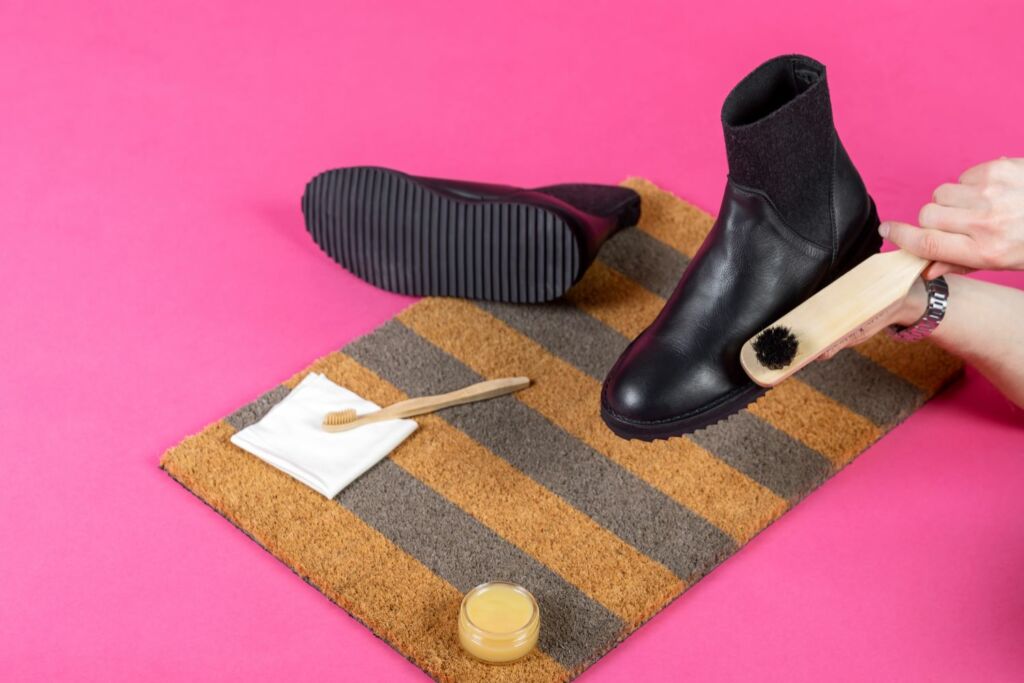The future of circular textile through startups

The textile industry is facing a revolution. The development of technology and people’s increased interest in responsibility and sustainability are taking the textile industry in one direction, while at the same time ultra-fast fashion and its popularity are taking the textile industry in the exact opposite direction.
In the Telavalue project, the future of the textile circular economy was examined through startup companies in the field. The companies were found in the Ellen MacArthur Foundation’s Circular Startup Index. The PESTE analysis was used as an aid in the review of the companies, which was used to get a broader and all-inclusive picture of the companies and thereby the future of the textile circular economy.
According to the report, sharing and other digital platforms are very popular with startups. The platforms can be used to combine a wide range of services, such as clothing rental, sales, maintenance and repair. The users of these platforms are both consumers and clothing brands.
Technology is an important part of companies, and for example a digital wardrobe is at least part of the concept of a few companies, together with, for example, a repair and maintenance service. We want to make repair and maintenance services attractive to consumers but also to clothing brands, so that they would resell or repair clothes either for resale or back to the product owner. Transparency is also seen as an important issue in the circular economy of textiles, as it helps to avoid green washing and makes it easier for the consumer to choose a truly responsible company from among others. For example, a digital product passport increases transparency.
It was interesting to notice that among the startups there were not many companies focused on the manufacture or production of clothes, but rather companies offering the use and maintenance of clothes. Could it be concluded from this that probably in the near future the primary focus will be on encouraging consumers to reuse and recycle, to increase the length of the life cycle of clothes through clothing repair and maintenance, and to shape consumer attitudes and habits in general. Manufacturing and production cannot be modified until consumers’ attitudes and habits are modified. Laws and regulations can interfere with the development of fast fashion to some extent, but as long as there is demand, there are also parties who take advantage of this.
The exceptional conditions experienced during the pandemic made trading move quickly online. This was also noticeable in the operations of startup companies, as many of the companies were founded during the pandemic and many of their operations were focused on the web. The pandemic may have led to the enhancement of value chains in the clothing and textile industry, when product selections have been narrowed and production has moved more closely to consumer demand.
Consumer attitudes are an important part of the future of the circular economy of textiles, because each consumer can steer the future in a certain direction with their choices. These attitudes need to be modified and the problems of the textile industry should be brought to the fore more, especially among young people. Consumers can make a lot of changes with their own choices, as demand directly affects the direction in which brands in the textile industry take their products or what kind of concept they create.
Read the report The future of circular textiles
Get to know the startups listed in 2023
Elina Lehtinen
Energy and environmental engineering student, Turku UAS
